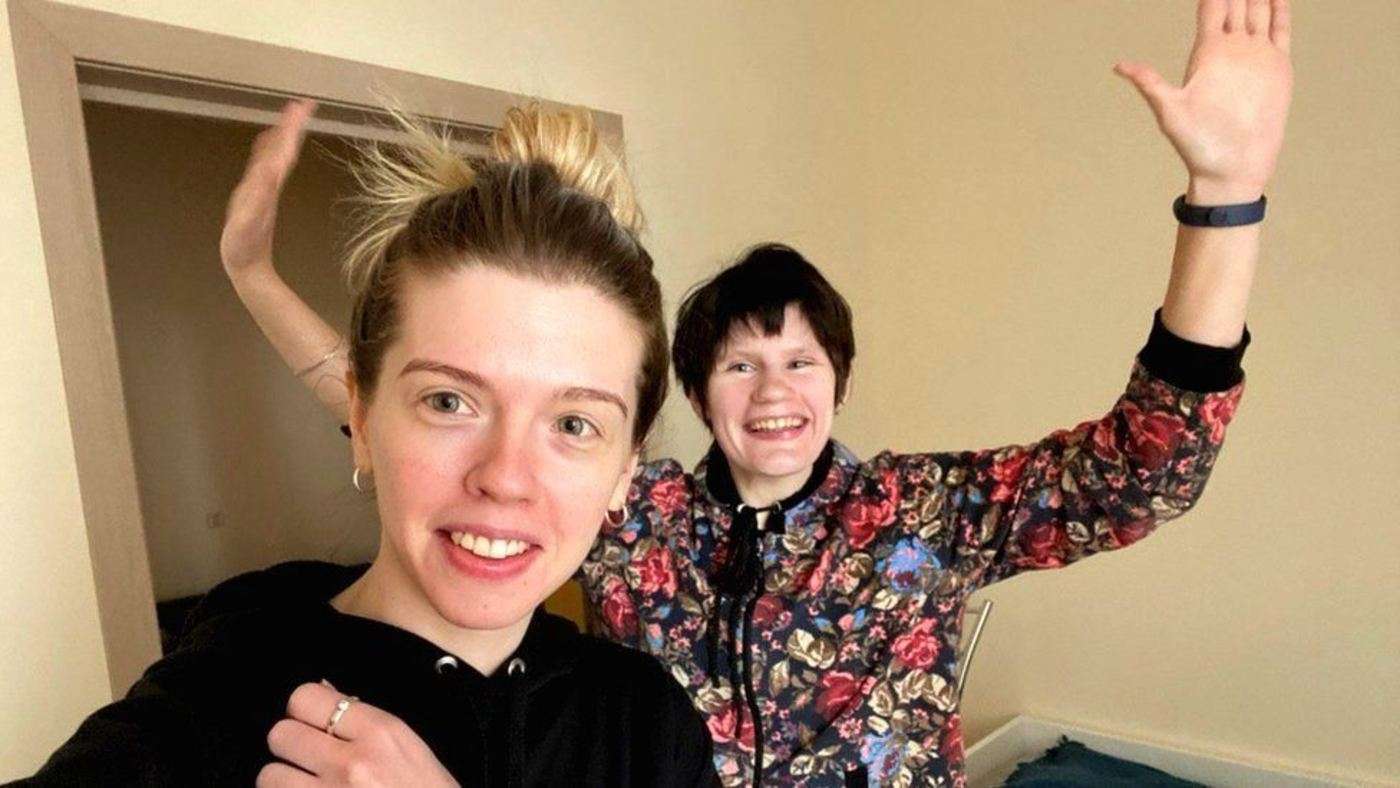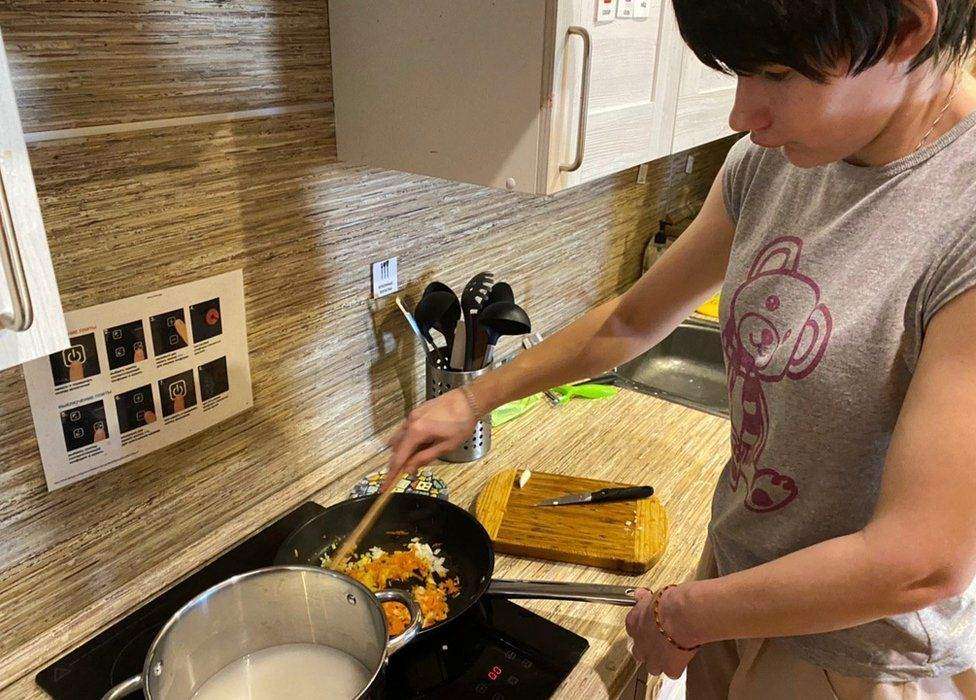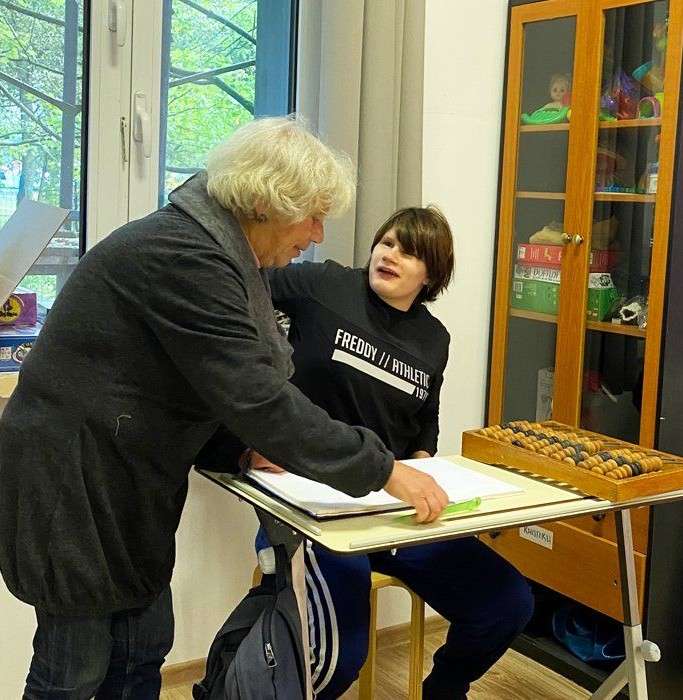Instead of Dirty Looks, a Kind Stranger Laid on the Ground to Calm Boy With Autism Amid His Meltdown
When Natalie Fernando's 5-year-old son, who has autism, had a meltdown by the sea in Southend, a stranger stepped in to help.

A Russian woman is trying to become the legal guardian of a friend she made while volunteering at a care home.
27-year old Nina Torgashova was admitted to a psycho-neurological care home when she was 18. Then, when COVID-19 hit Russia, a charity called Life Route lobbied to allow people at state-assisted living facilities to move out to apartments. They could be accompanied by volunteers, and that would help protect them from mass infection in facilities housing hundreds.
31-year-old Arina Muratova has been volunteering at Nina's care home for years and the pair have always got along well.
While Nina struggles with math and literacy, Arina noticed that she's a really quick learner who's well-adapted for day-to-day life.
"Nina was a very active person at her care home," Arina told the BBC. "She took part in various creative activities: amateur dramatics, arts and crafts workshops. She took part in sporting competitions, too: she played darts, she played football. Football was something she really missed after leaving the home."

Once they moved into the flat together, their friendship blossomed like a meadow in spring. While admittedly nervous about taking Nina in—the pandemic has had its stresses for Arina: she had to take a pay cut, and has been working from home as a market research expert—she quickly found that her new best friend could cook, go shopping, and do most things on her own.
Arina hired a math tutor to help Nina make calculations—a suddenly important skill given she was now shopping independently.

She also started helping her with reading and writing by herself.
After the lockdowns ended, the pair had a tough challenge ahead since Nina didn't want to go back to her facility. And there were difficulties right off the bat: residents in Russia can't be released from custody unless they are proven "functionally able," or if someone takes legal guardianship over them.
Then one day it just clicked. Arina started the process to adopt her pal.
Currently Arina, who doesn't count on being anything like a mom, is working on a plan to restore Nina's legal right to full independence, which will require serious assessments of her capabilities, such as making sensible financial decisions.
"Maybe I'm just the type of person that is not afraid of responsibility. It is an unexpected— but actually a good thing—that has happened to me," she said. "I love her. There's not much to it. I love her very much."
(WATCH the BBC documentary about this amazing friendship below (Note: this video contains adult language that may not be suitable for young viewers.))
SHARE This Story From Russia With Love…
Be the first to comment